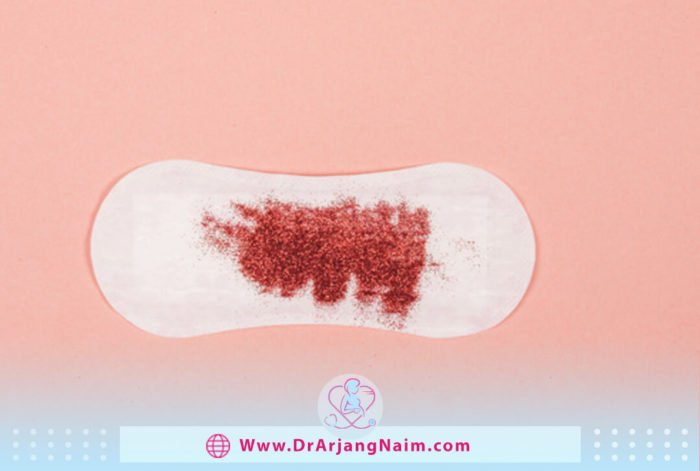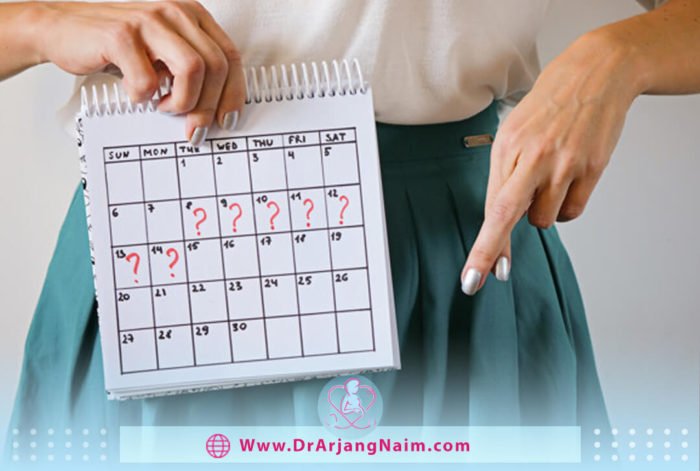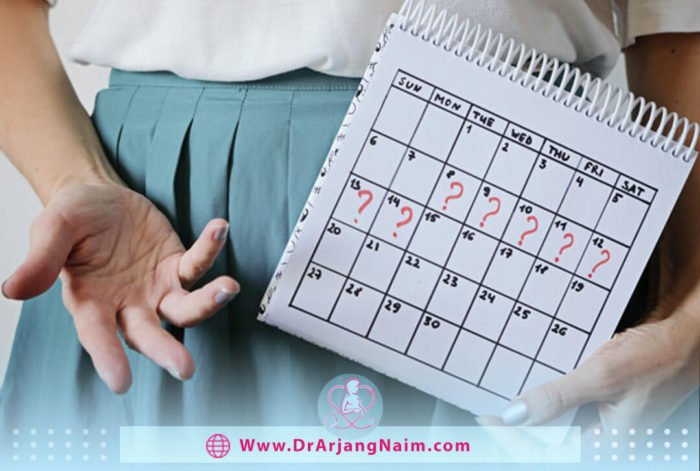What is the Irregular vaginal bleeding services?

Irregular vaginal bleeding services
Irregular vaginal bleeding can occur for a variety of reasons. Dr. Naim uses advanced technology to understand the causes of irregular bleeding so that he can provide the best treatment for women in Los Angeles.
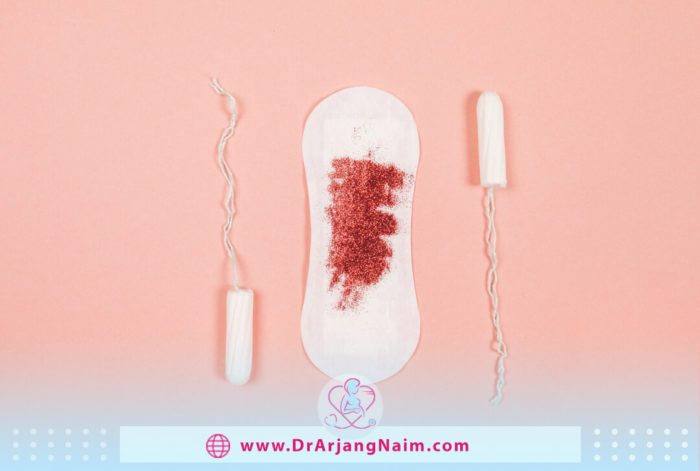

What is Irregular vaginal bleeding?
Periods usually occur once every 28 days and last for five to seven days. Irregular bleeding is defined as any bleeding outside of this time, such as spotting or abnormal bleeding. When bleeding occurs between normal periods, there are many possible reasons.
While some causes may be easily treatable, others can indicate a serious underlying condition. Whether you notice spotting or heavier bleeding between periods, it’s important to see your doctor for testing, diagnosis, and treatment options. Potential causes of intermenstrual bleeding include:
- Growth in the uterus or
- cervix
- Stress
- Change in medication
- Miscarriage
- Vaginal dryness
- Hormone imbalance
- Cancer
Causes of vaginal bleeding between periods
Bleeding between periods is not a normal part of the menstrual cycle. Any bleeding outside of this is considered abnormal and can be caused by various factors. This includes:
- Hormonal imbalance: Estrogen and progesterone are two hormones that regulate the cycle. If they are out of balance, they may cause spotting.

- Pregnancy complications: Complications during pregnancy can cause spotting. Both miscarriage and ectopic pregnancy can cause bleeding. An ectopic pregnancy occurs when a fertilized egg implants in the fallopian tube instead of the uterus.
- Uterine fibroids: Uterine fibroids are non-cancerous growths that develop in the uterus.
- Infection: Vaginal bleeding between periods may indicate a genital infection. Infection can cause inflammation and bleeding.
- Cancer: Rarely, cancer can cause bleeding.
About Dr.Naim
Arjang Naim is an established and highly skilled physician with over 20 years of experience in obstetrics and gynecology.
He is the best ob-gyn in Los Angeles and surrounding communities. He has been practicing medicine since 2001 from two locations in Los Angeles, an office near Beverly Hills and Beverly center, and the other in Hollywood across from children’s hospitals and Hollywood Presbyterian Medical Center.
After obtaining his Bachelor’s degree from UCLA, he spent four years in New York City to study medicine at the prestigious Mount Sinai School of Medicine. His residency in OB/GYN was at Maimonides Medical Center, which happens to be one of the busiest hospitals in New York.
Dr. Naim’s services in Irregular vaginal bleeding
Sometimes, diseases that affect other organs of the body or interfere with clotting can also lead to irregular periods. Dr. Naim will perform an in-depth and rigorous evaluation to determine the cause of your irregular bleeding so that you can perform the most appropriate treatment.

You should consult your doctor whenever you have abnormal vaginal bleeding. The cause of bleeding can be serious and should be determined. If you are pregnant and have vaginal bleeding, see your doctor immediately. If you have other serious symptoms in addition to bleeding, you may need emergency medical care. This includes:
- Pain
- Fatigue
- Dizziness
- Fever
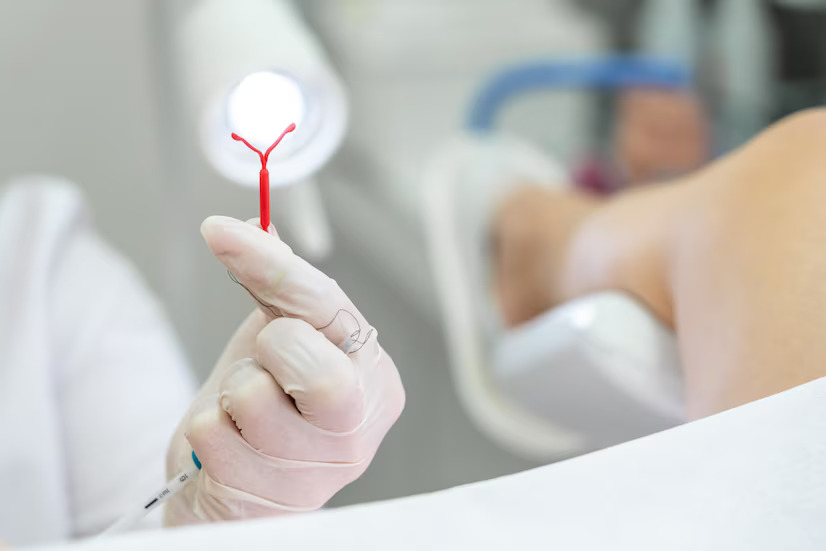
Abnormal vaginal bleeding treatment
There are several treatment options for abnormal bleeding. Treatment depends on the cause of the bleeding, age , and whether you want to get pregnant in the future. Dr. Naim will help you decide which treatment is right for you. Some treatment options include:
- Intrauterine device (IUD): An IUD is a small, plastic device that a doctor inserts into the uterus through the vagina to prevent pregnancy. One type of IUD causes hormone secretion. This type can significantly reduce abnormal bleeding. Like birth control pills, IUDs can sometimes cause abnormal bleeding.
- Birth control pills: Birth control pills contain hormones that can prevent the lining of the uterus from thickening too much. They can also help keep your menstrual cycle regular and reduce cramps.
- D&C, or dilation and curettage: A D&C is a procedure in which the cervix is stretched enough to allow a surgical instrument to be inserted into the uterus. The doctor uses this tool to scrape the inner lining of the uterus. The removed lining is examined in the laboratory for abnormal tissue. D&C is performed under general anesthesia. If you have heavy bleeding, your doctor may perform a D&C both to diagnose the problem and to treat the bleeding. The D&C often stops heavy bleeding.
- Hysterectomy: This type of surgery removes the uterus. If you have a hysterectomy, you will no longer have periods and will not be able to get pregnant. A hysterectomy is a major surgery that requires general anesthesia and hospitalization. It may require a long recovery period. Talk to your doctor about the risks and benefits of a hysterectomy.
- Endometrial ablation: Endometrial ablation is a surgical procedure that removes the lining of the uterus. Unlike a hysterectomy, it does not remove the uterus. Endometrial ablation may stop all menstrual bleeding in some women. However, some women still have light menstrual bleeding or spotting after endometrial ablation. Few women have regular periods after surgery. Women who have endometrial ablation still need to use some form of birth control, even though in most cases, there is no possibility of pregnancy after the procedure.

How will Dr. Naim determine what’s causing my irregular bleeding?
In addition to testing and discussing your symptoms, Dr. Naim can order other tests to identify the cause of irregular bleeding.
Both blood tests and ultrasounds can be done in the office, and other tests can be ordered if needed. Some irregular bleeding can be “hereditary,” so be sure to include the family history of irregular bleeding or risk factors when filling out a patient’s history and tell Dr.Naim during your visit.
Did you know?
Bleeding between periods is very common and happens to most women at some point in their lives.
Customer reviews
Frequently Asked Questions
Stress can lead to spotting between periods, but the hormonal changes that stress causes in the body don’t end there. In fact, stress is also one of the common reasons for late or missed periods. Finding healthy ways to manage stress can make a big difference to overall health, including regular periods.
Hormonal imbalances or ovulation problems caused by thyroid dysfunction, hyperprolactinemia, and polycystic ovary syndrome can cause irregular vaginal bleeding. Stress, excessive exercise and weight changes can cause two periods in one month.
Irregular bleeding can happen at any time in a woman’s life, especially in the months/years after menstruation, or a woman’s first period, or when she is approaching menopause. In the early stages of menopause, the number of days between periods usually fluctuates. Also, at this time, it is normal to not have a period or to bleed lightly or more heavily than usual.
Hormone therapy often helps treat irregular bleeding caused by endometriosis, polycystic ovary syndrome, and fibroids. A variety of prescription medications can help stop heavy menstrual bleeding.
- Dysmenorrhea
- Premenstrual syndrome
- Menorrhagia
- Metrorrhagia
- Amenorrhea
- Oligomenorrhea


